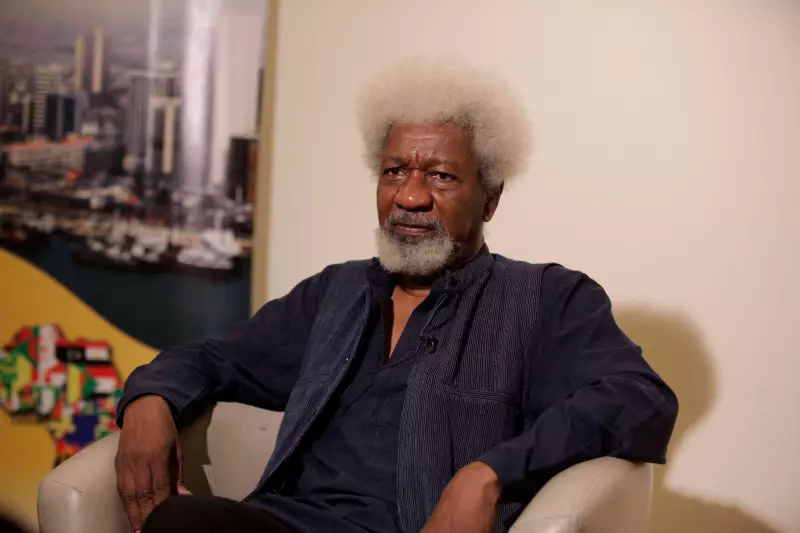
In a startling development that has raised eyebrows across academic and diplomatic circles, Nobel Prize-winning Nigerian author Wole Soyinka has publicly disclosed that his United States visa was unexpectedly revoked by American authorities.
The acclaimed playwright and political activist, who became the first African Nobel laureate in literature in 1986, revealed the visa cancellation during a recent public appearance in Lagos. While specific reasons for the revocation remain undisclosed by US officials, the move has generated significant concern among human rights advocates and academic communities worldwide.
A Voice of Conscience Silenced?
Soyinka has long been recognized as a formidable critic of governmental corruption and human rights abuses, both within Nigeria and internationally. His outspoken political commentary and activism have defined his career as much as his literary achievements.
The timing of this visa revocation raises important questions about academic freedom and the ability of prominent intellectuals to engage in global discourse. Soyinka has frequently visited American universities as a guest lecturer and visiting professor, making this decision particularly impactful on academic exchanges between the two nations.
Diplomatic Implications
This incident occurs against the backdrop of complex US-Nigeria relations, which have seen fluctuations in recent years. The visa revocation of such a high-profile cultural figure could potentially strain diplomatic ties and academic collaborations between the two countries.
Historically, Soyinka has maintained a complicated relationship with successive Nigerian governments, having been imprisoned during the country's civil war and repeatedly forced into exile due to his political activism. His international stature has often provided him a platform to critique authoritarian regimes and advocate for democratic principles.
Academic Community Reacts
The news has sparked concern within global academic circles, where Soyinka is revered not only for his literary contributions but also for his unwavering commitment to human rights. Many scholars view the visa revocation as potentially limiting important cross-cultural dialogue at a time when such exchanges are increasingly vital.
As the situation develops, attention now turns to whether US officials will provide clarification regarding their decision and what implications this may have for other intellectuals and activists seeking to engage with American institutions.





